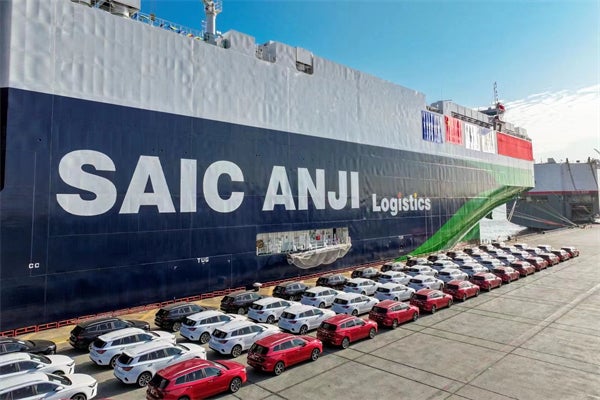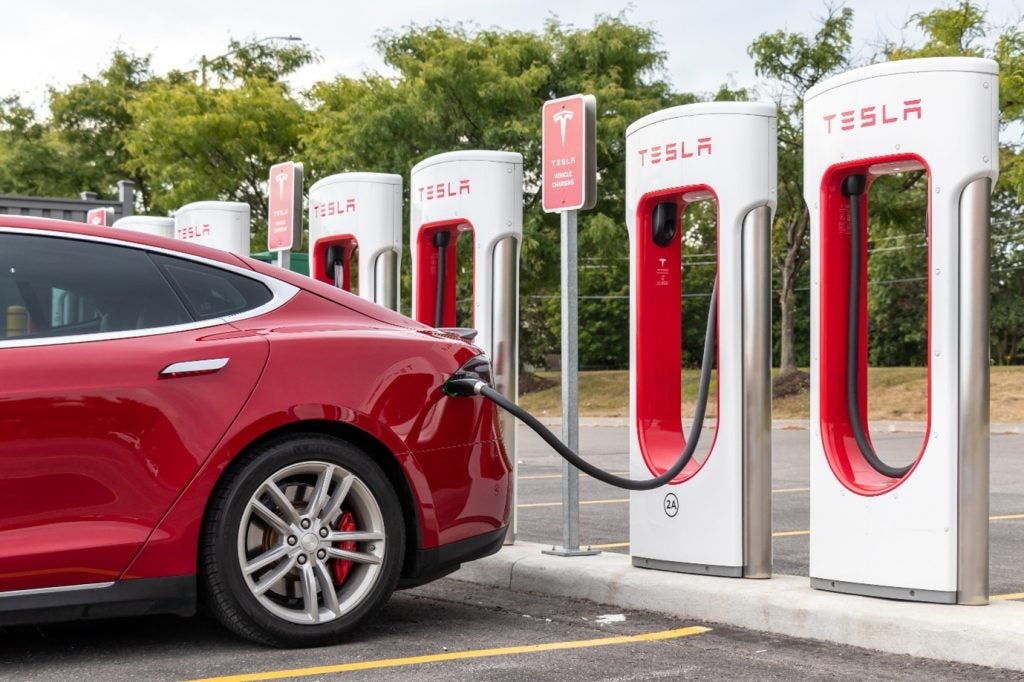
Hiring a car has long been a straightforward process and an important element in travel plans for many. However, the impact of the Covid-19 pandemic, the worldwide semi-conductor shortage, travel bans and more has caused the prices of car rental to rise in many places.
International car rental company, DiscoverCars, has analysed data from across 45 different locations to gauge how much the cost of hiring a car for the day has changed.
Overall, the data highlights an average increase of 47% worldwide, with the average cost of a one-day car hire rising from £43 to £67.
We spoke to Anastasija Zubenko, head of partnerships at DiscoverCars.com, to learn more about the factors influencing the market as well as the trends the company has been seeing.

Could you tell me a little bit about DiscoverCars and your role at the company?
Anastasija Zubenko (AZ): DiscoverCars now is one of the biggest and fastest-growing car rental brokers in the world. We started in 2013 and have come to offer rental cars from about 500 suppliers across more than 10,000 destinations throughout the world.
We strive to be the most reliable car rental platform through creating a seamless vehicle rental experience by making the booking process clear, effortless, and enjoyable.
How well do you really know your competitors?
Access the most comprehensive Company Profiles on the market, powered by GlobalData. Save hours of research. Gain competitive edge.

Thank you!
Your download email will arrive shortly
Not ready to buy yet? Download a free sample
We are confident about the unique quality of our Company Profiles. However, we want you to make the most beneficial decision for your business, so we offer a free sample that you can download by submitting the below form
By GlobalDataI’ve been with the company for six years and am currently head of partnerships, leading a team that manages our 500 partners in over 200 countries. My team works daily with our partners to negotiate the best conditions and rates for our customers. The team also builds close relationships with each of the car rental companies we work with; we have a unique insight into the car rental market.
Could you explain the current car hiring landscape and how the issue of semiconductor supply shortage has impacted it?
The car rental industry was impacted by the semiconductor supply shortage, although the impact was not direct. When the pandemic hit, the car rental industry almost shut down completely, and those companies that didn’t close their businesses completely needed to find a way to survive, which meant selling their fleet.
When the industry slowly started to recover, the new fleet didn’t arrive on time as the supply crunch and shortage of chips forced car manufacturers to cut production and delivery targets. Also, new contracts were signed very cautiously since no one could predict whether the industry would return to pre-pandemic levels.
Even now, the car rental industry has not fully returned to where it was in 2019, although the growth trend is better than that of the travel industry in general.
The car hire landscape varies and continues to vary based on various factors — continent, country, and even locality. The severity of restrictions during the pandemic, market structure, and even the mentality of people made for different impacts on the industry.
For example, car rental companies in countries where domestic travel was allowed and the infrastructure for such was well-developed managed to recover faster, as they didn’t have to sell all of their fleets.
Islands also have their own specific circumstances. Being isolated from the rest of the world, car rental companies managed to keep enough domestic traffic to survive, but at the same time, still struggle with procuring new cars, not only because there are not enough cars, but also because the deliveries almost stopped. That’s why we have seen enormous price increases in places like the Azores Islands in Portugal, and the Balearic and Canary Islands in Spain.
Are there any other factors which should be considered when looking at what is causing the price increases?
Of course, there are various factors that have led to the current situation in the car rental industry. A number of car rental companies left the market leading to a higher market concentration. When restrictions were lifted, it was impossible to forecast what the demand would be, and it turned out that the actual demand was higher than expected by many.
Finally came the shortage of cars, especially new cars, and many car rental companies have a strict policy of only purchasing new cars.
There are only a few countries where a significant number of companies purchase used cars for their fleet. Bulgaria, Greece, and New Zealand are examples. In these countries, the supply of rental cars did not shrink as much and prices, therefore, did not increase as much.
What other trends have you seen when looking at the data the company has gathered?
Interestingly enough, we currently see prices going down rather than increasing in some regions, especially continental Europe.
There are a couple of reasons for that.
The first one is the labour crisis which has led to flight cancellations all over Europe which hits car hire demand from travellers. With the uncertainty of flights, people have either decided to travel with their own car more often or chosen other means of transportation.
The second is inflation. Across the eurozone, the record annual consumer price increases driven by soaring energy costs have had a huge impact on customers’ behaviour, leading them to cut costs with many choosing to axe discretionary travel.
That’s why in some popular holiday locations where the additional fleet has already arrived, we see prices going down because demand has dropped off.
What do you see happening in the car hire sector in the short-term?
We predict that the high season, as it did last year, will continue a little bit longer this year. Usually, September is the last month of holiday travel with October being the first “silent” month, but this year we see the season continuing into October as well.
The future of the industry in the short-term also depends on the airline crisis. If it continues, we might see a drop in car rental prices and volumes in Europe.
Again, the car rental industry, together with the travel industry as a whole, is very volatile due to the possibility of new Covid restrictions. That’s why we may see companies selling parts of the fleet again this fall which will likely lead to high prices and shortages of cars next year.
And longer-term trends for the sector?
We see the future being in technology. The car rental industry may reinvent itself soon in light of what consumers want. They don’t want to stand in long lines or spend time communicating with staff.
So, we see many in the industry using technology to make the experience smoother and quicker. This includes online check-in, keyless entry, and touch screen kiosks replacing the traditional rental desks at airports. Many companies in different countries have already implemented some of these, and we see this trend growing in the future.






